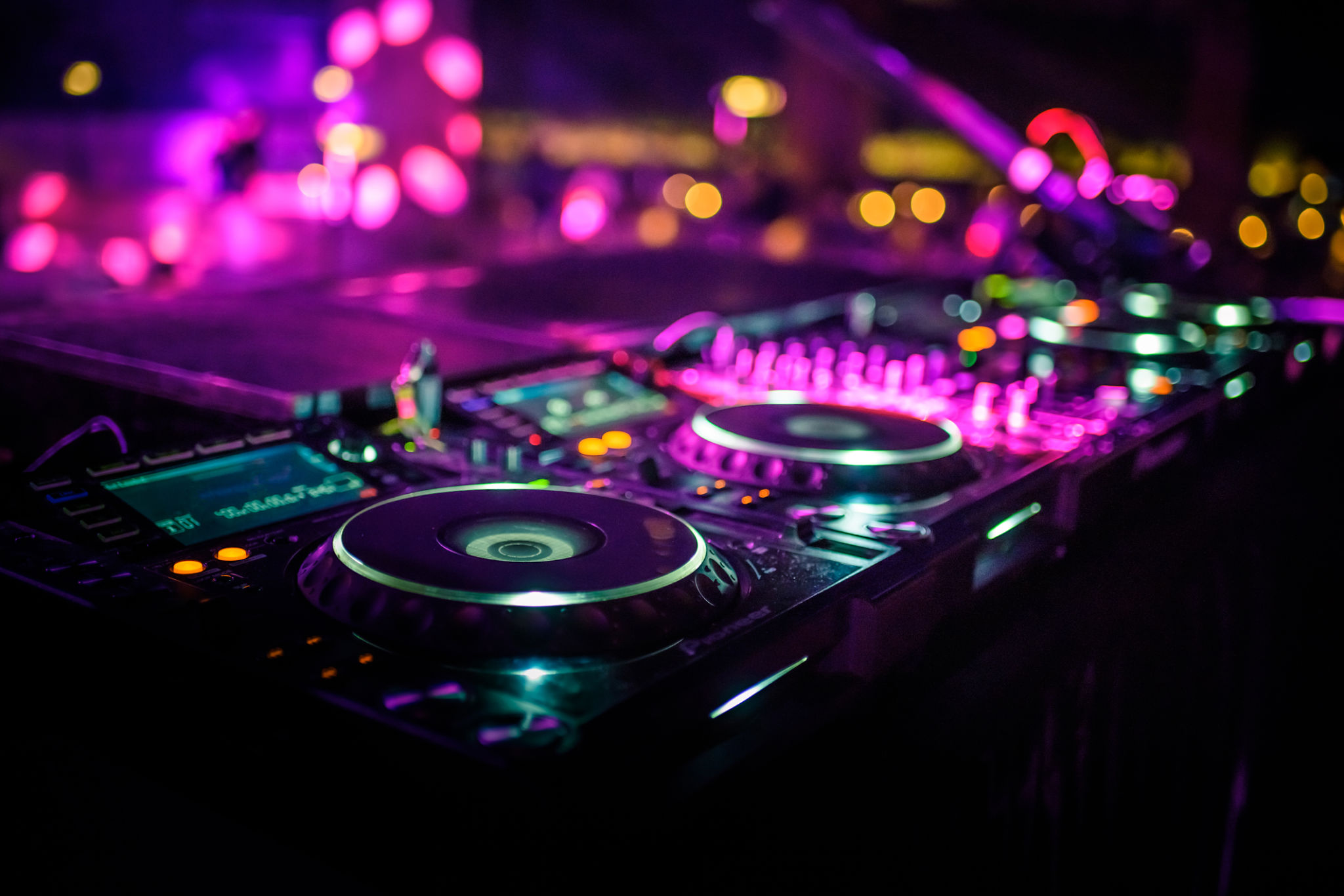Behind the Scenes: A Day in the Life of a Specialty Event DJ
Setting the Stage for Success
When you think of a DJ, you probably imagine someone behind a turntable, spinning tracks and energizing the crowd. But there’s much more that goes into being a specialty event DJ than just playing music. It starts early in the morning with meticulous planning and preparation. A successful DJ invests time in curating the perfect playlist that caters to the specific theme and vibe of the event.
Before even stepping into the venue, a DJ needs to liaise with clients to understand their vision and preferences. This involves selecting tracks that not only resonate with the audience but also align with the event’s overall atmosphere. From weddings to corporate events, each occasion demands a unique soundscape.

Equipment and Setup
Once the playlist is set, it’s time to focus on equipment. A DJ’s gear is crucial to delivering top-notch sound quality and creating an immersive experience. This includes checking speakers, mixers, microphones, and lighting equipment. Every piece of gear needs to be in perfect working order, which means regular maintenance and testing are essential parts of a DJ's routine.
Arriving at the venue early is non-negotiable. Setting up takes time, and it’s important to ensure that everything is perfectly positioned for optimal sound distribution. This also allows time to troubleshoot any technical issues that might arise, ensuring there are no hiccups during the event.
Engaging with the Crowd
When the event kicks off, it’s showtime! A specialty event DJ must be in tune with the crowd, reading their energy and adjusting the music accordingly. This requires a keen sense of timing and an understanding of how different tracks can influence the mood of the room.
Interaction is key; whether it's taking requests or making announcements, keeping the audience engaged is part of the job. A DJ’s role is not just to play music but to create memorable experiences that keep people talking long after the event ends.

Navigating Challenges
No day is without its challenges. From unexpected equipment failures to last-minute client requests, a DJ must be adaptable and quick-thinking. Problem-solving skills are as vital as musical expertise in ensuring that the event runs smoothly.
Being prepared with backup plans and extra equipment can make all the difference. It’s about staying calm under pressure and finding creative solutions on the fly, which distinguishes a great DJ from a good one.
Packing Up and Reflecting
As the event winds down, it’s time to pack up and reflect on the day. Each event offers new insights and learning opportunities. Evaluating what went well and identifying areas for improvement are crucial steps in honing one’s craft.

Finally, maintaining good relationships with clients by following up after the event can lead to repeat business and referrals. A successful DJ knows that every performance is an opportunity to build their reputation and expand their network.
